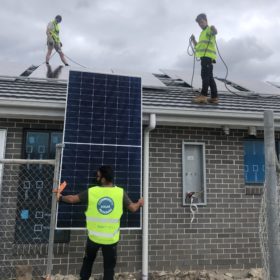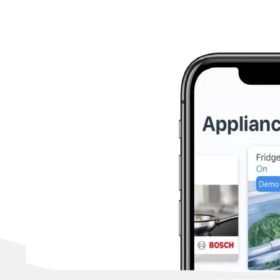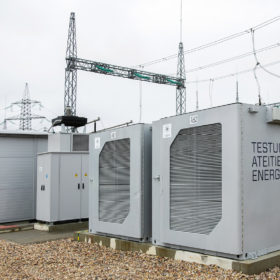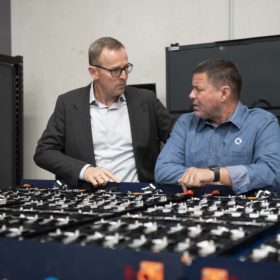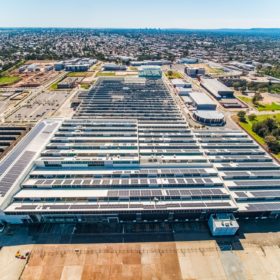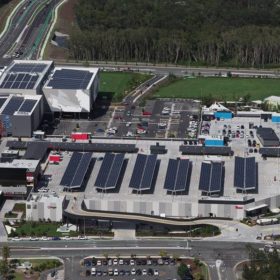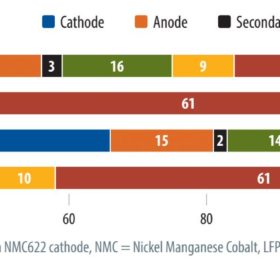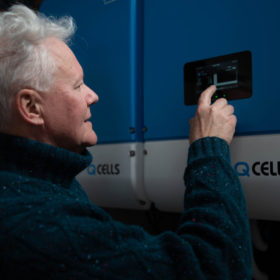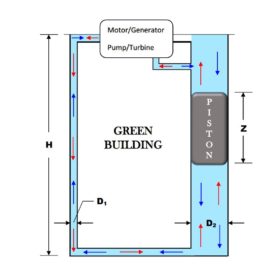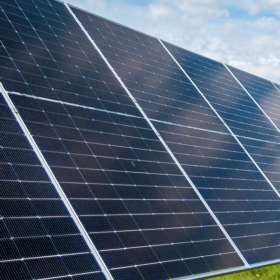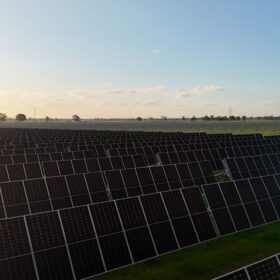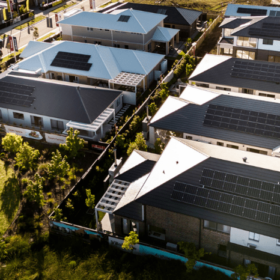‘No one has attempted this’: Proving a new model to bring solar to low-income Australians through Sydney pilot
A pilot program across Sydney’s suburbs is seeking to prove a model its proponents hope will afford low income Australians access to solar at no upfront cost. The soon to be energised systems have been fitted on 64 disability homes and 90 community houses and will operate using a PPA model. “The poor don’t have the opportunity to put solar on their homes,” BlueCHP CEO, Charles Northcote tells pv magazine Australia. “They lose out because they have to pay all the grid charges… and this has not been addressed by the governments at all at this stage.”
Enphase partners with Home Connect to manage home appliances from single app
Integrated clean home energy and smart appliances platform lets users run appliances on battery-stored solar energy in pre-determined time frames.
Weekend read: Dawn of virtual transmission
Quick and versatile, batteries are providing a growing number of services to homes, businesses, and on the grid. Electricity network operators are beginning to adopt grid-scale batteries, with the initial applications potentially opening the way for renewable energy to flow more freely and across larger distances than ever before.
Energy Renaissance moves ahead with battery giga-factory
Australia’s first lithium-ion battery giga-factory is expected to begin operations soon with battery manufacturer Energy Renaissance announcing the successful completion of a $1.47 million pilot program designed to develop and test its manufacturing processes, systems and plant design.
Massive commercial PV install ‘practically’ completed at former car manufacturing plant in Adelaide
A former car manufacturing site turn “innovation precinct” in Tonsely Adelaide is now home to one of Australia’s largest rooftop arrays at 4.83 MW. Completed by CleanPeak Energy, the system will supply around 75% of the energy needs of the 56 hectare site, with batteries set to arrive before summer.
Researchers explore rooftop PV for pre-cooling of residential, commercial buildings
A team of Australian researchers have developed a way to use rooftop solar PV to run air conditioners to pre-cool residential and commercial buildings. They have identified several factors that could help reduce a building’s energy costs.
Weekend read: Strong case for energy storage, despite rising costs
Unprecedented volatility in global commodity markets, disruption to logistics and supply chains, and unrelenting growth has driven up the cost of Li-ion batteries since the middle of 2021. Sam Wilkinson and Oliver Forsyth of IHS Markit expect to see rapid manufacturing expansion that will still struggle to keep up with demand, and ultimately lead to the establishment of a smaller group of battery-makers specialized in supplying stationary energy storage systems.
Qcells Australia reports 194% jump in battery sales in July
South Korean solar and battery manufacturer Qcells says its Australian arm has seen 194% growth in energy storage system (ESS) sales in July 2022 compared to the first quarter of the calendar year.
Melbourne startup to forecast entire region’s solar output using real-time satellite data
Combining satellite images of Australian rooftops with those of real-time cloud cover to create accurate forecasts of distributed solar output for suburbs and perhaps even whole regions and states is the focus of a new Australian startup, Solstice AI. “We’re kind of at a point now where there’s so much solar that it’s causing all these issues but, if we can forecast it, many of these issues can be alleviated or managed much better,” the company’s cofounder and CEO, Julian de Hoog, tellspv magazine Australia.
PV with gravity storage, redox flow batteries in buildings
Indian researchers have developed a new hybrid system featuring a conventional rooftop PV system, a solar tree, two gravity power modules for building (GPMBs), and a vanadium redox flow battery (VRFB), with power exclusively provided by the two solar installations.
